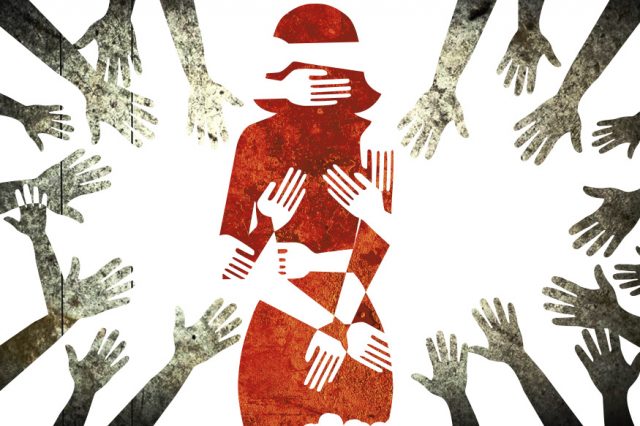Women have been subjected to mental abuse, physical torture, and sexual brutality since the dawn of humanity. And in India, as in the rest of the globe, violations of women’s rights are still widespread. However, things do not have to continue in the same manner. Women’s injustice can be successfully addressed – legally, if not socially.
There are a number of laws in place that empower women to oppose discrimination, harassment, violence, and abuse.
Constitutional rights and legal rights are the two primary areas of women’s rights. The Constitution guarantees the right to equality, no discrimination in employment on the basis of gender, adequate means of subsistence, equal pay for equal effort, equitable and humane working conditions, and maternity leave, among other things. Legal rights, on the other hand, are available to women in the form of current law or enactments in the country.
Sumit K Batra, an advocate, identifies 14 key legislation that women in India should be familiar with in order to understand their legal rights.
Our list below includes 5 of the rights, particularly in context to legal proceedings that you might not have been aware of!
Also Read: Why Did The Nagaland Civil Society Group Protest Against Republic Day Celebrations This Year?
1. Right To Free Legal Aid
All female rape victims are entitled to free legal assistance under the Legal Services Authorities Act of 1987. City based criminal lawyer Arnab Dutta stated, “Whenever a rape victim is unable to hire a lawyer, it’s mandatory for the station house officer to inform the city’s legal services authority to arrange a lawyer for her.”
2. Right To Anonymity
All victims of sexual assault have the right to anonymity under Section 228A of the Indian Penal Code. They cannot be forced to reveal their identities in public by the media or the police.
The publisher might face jail time if they publish the identity without permission. Furthermore, the victim has the option of giving her account to a magistrate alone or in the presence of a female police officer.
3. Right To Record Statements At Home
Witnesses in India have the right to record their statements at home. Women cannot be summoned to police stations for questioning under Section 160 of the Criminal Procedure Code. Criminal lawyer Kaushik Dey says, “If a woman is a witness, she can choose to record her statement at her own residence in presence of a lady police officer.”
4. Right Not To Be Arrested After Dark
Section 46(4) of the Criminal Proceedings Code, 1973 says that a woman cannot be arrested between sunset and sunrise. This came as a result of an increase in female police harassment accusations.
If the lady is wanted for a major offense, however, police can make an arrest with the authorization of a magistrate. The purpose behind this is the prevention of the “accused” from becoming a “victim”!
5. Right To File An FIR Via Email
If a woman is unable to visit a police station to file a complaint, she may do so via email or registered letter to a senior officer. “The concerned officer then instructs the station house officer to verify it with the complainant and lodge an FIR,” Kaushik Dey explains.
Do you find these provisions necessary for upholding the dignity of women or are these merely biased privileges? Let us know your views in the comments down below!
Disclaimer: This article has been fact-checked
Sources: Times of India, The Statesman +more
Image Source: Google Images
Find the blogger @ParomaDey
This post is tagged under Justice, Indian Judiciary, Fundamental Rights, Human Rights, Women’s Rights, Feminism, Indian Penal Code, Criminal Proceedings Code, High Court, Supreme Court, Sumit K Batra, Kaushik Dey, Arnab Dutta
We do not hold any right, copyright over any of the images used, these have been taken from Google. In case of credits or removal, the owner may kindly mail us.
Read More:
Why Won’t Our PM’s Photo Be On Vaccination Certificates In These 5 States?




































